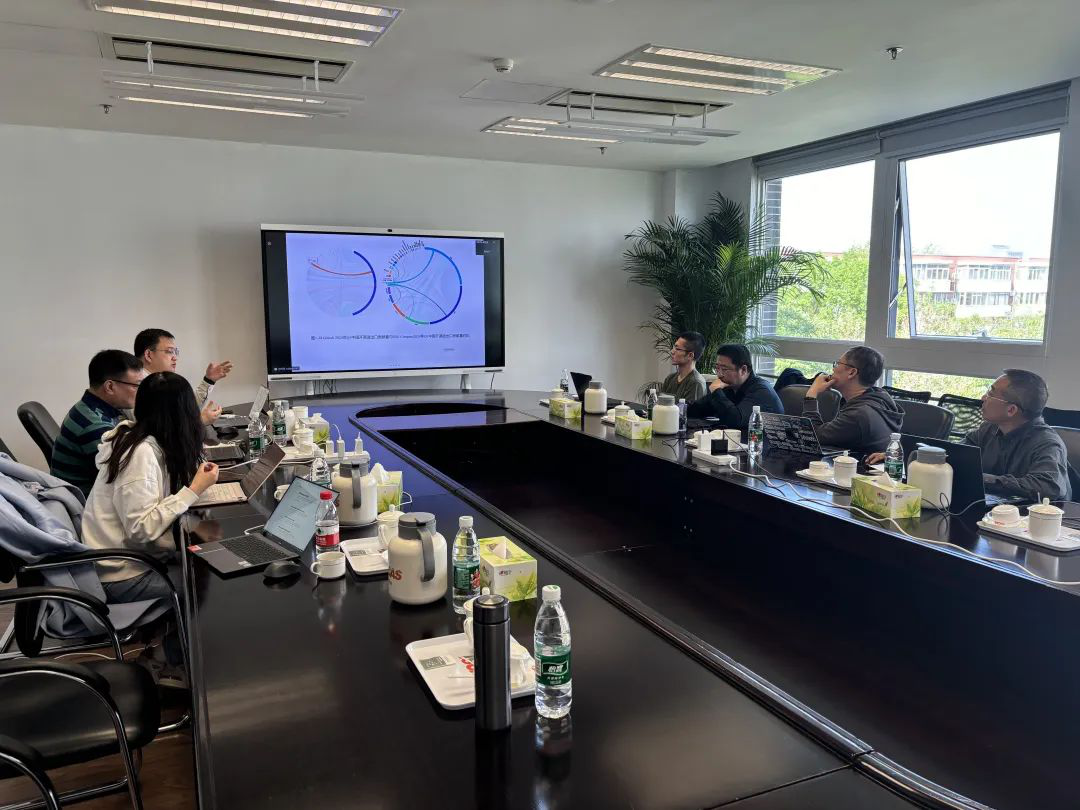On February 21, 2024, the CNCF open source project Linkerd announced that it would no longer provide stable builds. The source code will continue to be under the OSI-approved Apache v2 open source license. Non-stable builds will also still be provided through the open source project. This change is about the release artifacts of stable builds only, not about code, governance, community, or anything else.
So why is there a push back and why was this so unexpected by the CNCF community at large?
Buoyant, the company behind Linkerd, quite accurately describes itself as “a small but mighty team of software engineers, network programmers, and distributed systems experts.” That small but mighty team has been the sole force behind the open source project for quite some time, and as their CEO writes, “to do that work and maintain that quality, there’s only one sustainable path: we need the many, many companies around the world that are building their businesses on top of Linkerd to do their part to fund the project,” and he bluntly lays it all out (and on the line) in his expanded blog post here.
In a month where another CNCF project, Flux, backed by Weaveworks called it quits and folded up its tent (see Alex Richardson’s post), one has to wonder what is going on under the big tent of the CNCF and if there’s any way to stop a more seismic shift in the stability of CNCF projects.
Let’s take a step back and look at open source project health metrics for the Linkerd project.
